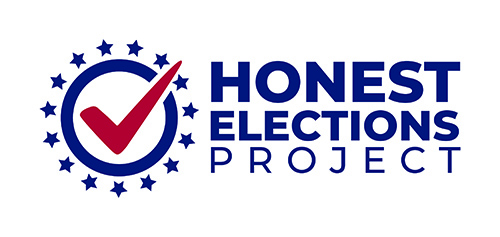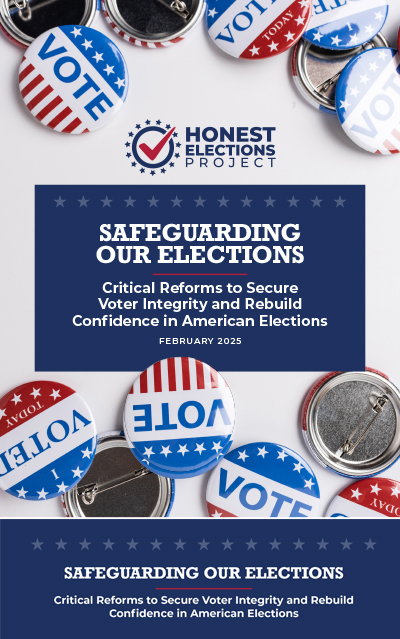Defends state against lawsuit filed by Marc Elias
WASHINGTON, D.C – Honest Elections Project and Americans for Public Trust filed a joint amicus brief defending Kansas’ ban on foreign influence in ballot measure campaigns. Democrat election attorney Marc Elias filed a federal lawsuit challenging that law, HB 2106, on behalf of Kansans for Constitutional Freedom (KCF). In court filings, KCF admits it has funneled foreign money into the state and argues that foreign nationals have a right to influence politics in the state of Kansas.
Nine states, including Kansas, have passed measures over the last year banning foreign influence in ballot measures. Kansas lawmakers voted overwhelmingly for a ban after discovering that KCF used at least $1.6 million in foreign-tied funds from Sixteen Thirty Fund to campaign against a constitutional amendment in 2022. Sixteen Thirty Fund, KCF’s largest single donor in 2022, has raised at least $280 million from progressive Swiss billionaire Hansjörg Wyss while spending $130 million on far-left ballot campaigns in 26 states.
“Marc Elias has tried to challenge a ban on the foreign funding of ballot issue campaigns in the past, lost, and I expect he will continue to lose,” said Jason Snead, Executive Director of Honest Election Project. “American elections should be free of foreign interference and states clearly have a right—and an obligation—to ban foreign nationals from influencing the democratic process. Noncitizens aren’t allowed to vote, sit on juries, or contribute to candidates running for office. Ballot issue campaigns should be no different.”
“Americans for Public Trust is proud to support Kansas in their right to defend their state from foreign interference,” said Caitlin Sutherland, Executive Director of Americans for Public Trust. “Kansans for Constitutional Freedom is a self-admitted foreign-funded group that absolutely should not be financing ballot measure campaigns. Without this law, there is nothing stopping other foreign-funded groups – or foreign adversaries like Russia, China, and others – from exerting large-scale financial influence in Kansas. This court should uphold this commonsense law to stop foreign meddling and close this foreign influence loophole.”
In their brief, filed in the U.S. District Court for the District of Kansas, HEP and APT urge the court to uphold the Kansas law. As the brief makes clear, courts have long held that states clearly have the authority to prevent foreign nationals from meddling in politics. Groups like Kansans for Constitutional Freedom are only affected by these regulations if they choose—as KCF admits it does—to accept and use foreign funding to influence the outcomes of American elections.
This is Elias’ second attempt to challenge a state ban on foreign interference. In 2024, Elias—who also serves as an attorney for Wyss—challenged Ohio’s foreign funding ban. Despite a win in District Court, the Sixth Circuit Court of Appeals ultimately rejected Elias’ arguments and ruled that Ohio has a clear right to prevent foreign nationals from meddling in state politics.
Background
- Federal law bars foreign nationals from contributing to individual candidates and super PACs, but a loophole exists that allows foreign nationals to contribute to ballot issue campaigns.
- Swiss billionaire Hansjörg Wyss has given at least $280 million to the D.C.-based Sixteen Thirty Fund, which has shelled out more than $130 million to liberal state ballot issue campaigns across the country, including nearly $1.6 million in Kansas.
- Wyss has also given millions to the ACLU Network, the Planned Parenthood Network, and NARAL – all who have contributed to Kansans for Constitutional Freedom.
- Wyss was recently sued by a former employee over alleged sexual impropriety. Elias has personally represented Wyss in the past.
- Nine states have passed legislation banning the direct and indirect foreign funding of ballot issue campaigns, including eight this year.
- Snead and Sutherland both testified before the Kansas legislature while HB 2106 was being considered.
Click HERE to read the amicus brief.



